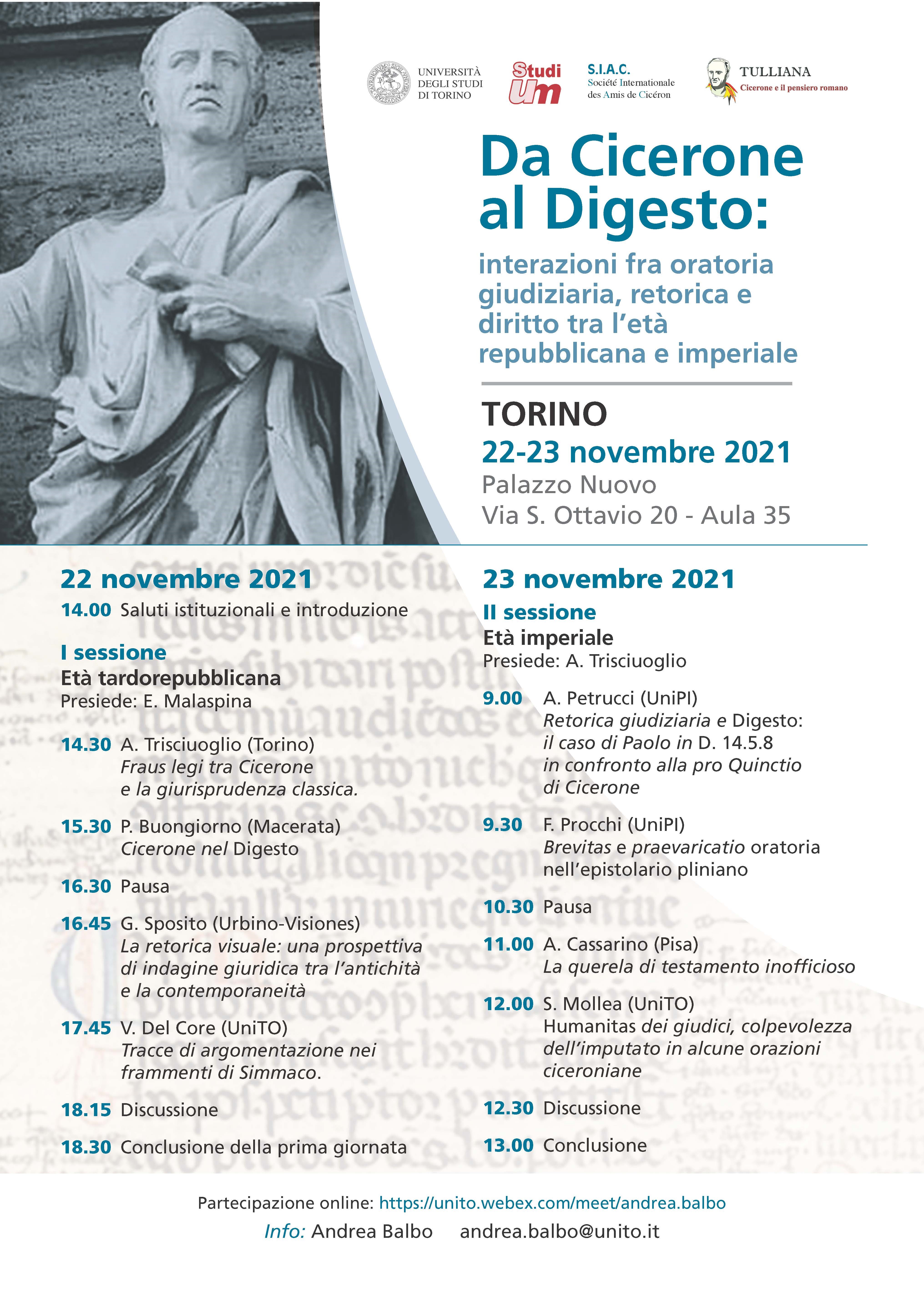From words to deeds. The written future of forensic oratory
DOI:
https://doi.org/10.13135/2532-5353/7269Abstract
Greek and Roman rhetoric distinguished between the use of visual aids and the use of words in an imaginative and suggestive function, demonstrating the extent to which verbal communication can succeed in matching the persuasive power of images through evidentia. Nowadays, effective communication, even in the judicial sphere, requires a speaker able to imagine and an interlocutor willing to follow her. However, in our times a general lack of engagement with the science of rhetoric and the characteristics of the judicial system (at least the Italian one) and its protagonists do not allow for improvements of the oratorical performance, notwithstanding the guidance offered by rhetoric. In most civil and criminal proceedings, the abandonment of orality is expedient, with an increasing recourse to written oratory guided - through renewed training of all operators - by knowledge of classical rhetoric, adapted to the times, to the interlocutors, and to the—written—medium used.
Downloads
Downloads
Published
How to Cite
Issue
Section
License
Authors who publish with this journal agree to the following terms:
- Authors retain copyright and grant the journal right of first publication with the work simultaneously licensed under a Creative Commons Attribution License that allows others to share the work with an acknowledgement of the work's authorship and initial publication in this journal.
- Authors are able to enter into separate, additional contractual arrangements for the non-exclusive distribution of the journal's published version of the work (e.g., post it to an institutional repository or publish it in a book), with an acknowledgement of its initial publication in this journal.


 Ciceroniana On Line is recognised by ANVUR (the National Agency for the Evaluation of the University System and Research) as a CLASS A journal for the Sciences of Antiquity, Philology, Literature and History of Art (
Ciceroniana On Line is recognised by ANVUR (the National Agency for the Evaluation of the University System and Research) as a CLASS A journal for the Sciences of Antiquity, Philology, Literature and History of Art ( The journal is included in DOAJ. The DOAJ listing of the journals is available at
The journal is included in DOAJ. The DOAJ listing of the journals is available at  The journal is indexed in
The journal is indexed in  The journal has been included in ERIH PLUS. The ERIH PLUS listing of the journals is available at
The journal has been included in ERIH PLUS. The ERIH PLUS listing of the journals is available at 

